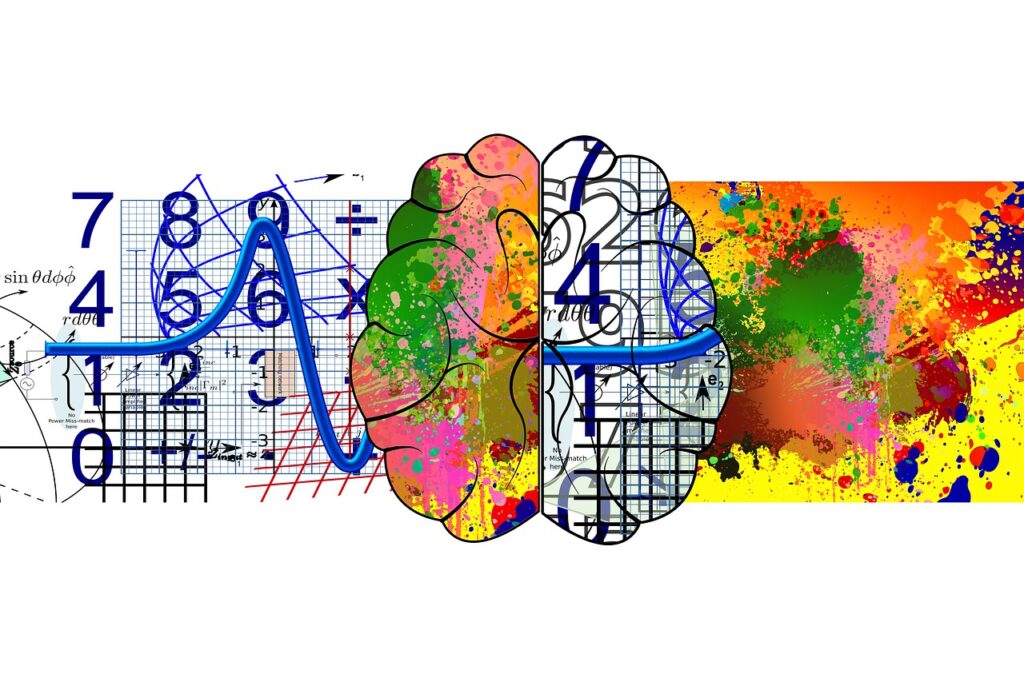Dysrationalia is a term that was coined by a psychologist, Keith E. Stanovich, in the early 1990s. Stanovich proposed this concept to help people see the disconnection and differentiate between rationality and intelligence. His proposed concept is to explain the phenomenon of why intelligent people can act irrationally.
Rationality gives us greater knowledge and greater control over our own actions and emotions and over the world. . . . It enables us to transform ourselves and hence transcend our status as mere animals, actually and also symbolically.
Robert Nozick, The Nature of Rationality, 1993
What are Rationality and Intelligence?
There are two kinds of rationality based on cognitive science, which mostly work in tandem. The first one is instrumental rationality, which is practical and pragmatic rationality in order to help people reach their goals in the real world. Based on cognitive scientists observations, they found patterns in how people manage their actions and behavior to achieve their goal. Having these patterns, they postulated instrumental rationality. The other one is epistemic rationality. This type of rationality is how one’s abstractions, concepts, judgments, and beliefs are coherent with their understanding and knowledge.
These two rationalities are difficult to elude. Since one will need action to reach their goal, they also need alignment with their inner map of understanding and knowledge.
The need to understand what intelligence is has brought us to the broad and narrow concept of intelligence. The broad concept of intelligence views intelligence as the master of all decision-making, judgment, and behavior. The narrow concept views intelligence as a mental process that can be measured by a test. Among these two concepts, Stanovich uses the narrow concept of intelligence to propose the concept of dysrationalia to help us understand the phenomenon behind why smart people can act irrationally. By using the narrow concept, intelligence is a mental ability that excludes one’s capacity to adapt in real life and have wisdom, which is a synthesis of knowledge and lessons from life experiences, so there is a possibility of disintegration between one’s rationality and intelligence..

Concept of Dysrationalia
Based on those elaborations, dysrationalia is a condition that happens when one’s rationality and intelligence are not on the same level since rationality and intelligence are two different things.
Dysrationalia is the inability to think and behave rationally despite adequate intelligence. It is a general term that refers to a heterogeneous
Keith E. Stanovich, Dysrationalia: Separating Rationality and Intelligence
group of disorders manifested by significant difficulties in belief formation, in the assessment of belief consistency, and/or in the determination of action to achieve one’s goals. Although dysrationalia may occur concomitantly with other handicapping conditions (e.g., sensory impairment), dysrationalia is not the result of those conditions. The key diagnostic criterion for dysrationalia is a level of rationality, as demonstrated
in thinking and behavior, that is significantly below the level of the individual’s intellectual capacity (as determined by an individually administered IQ test).
Further reading suggestion:




